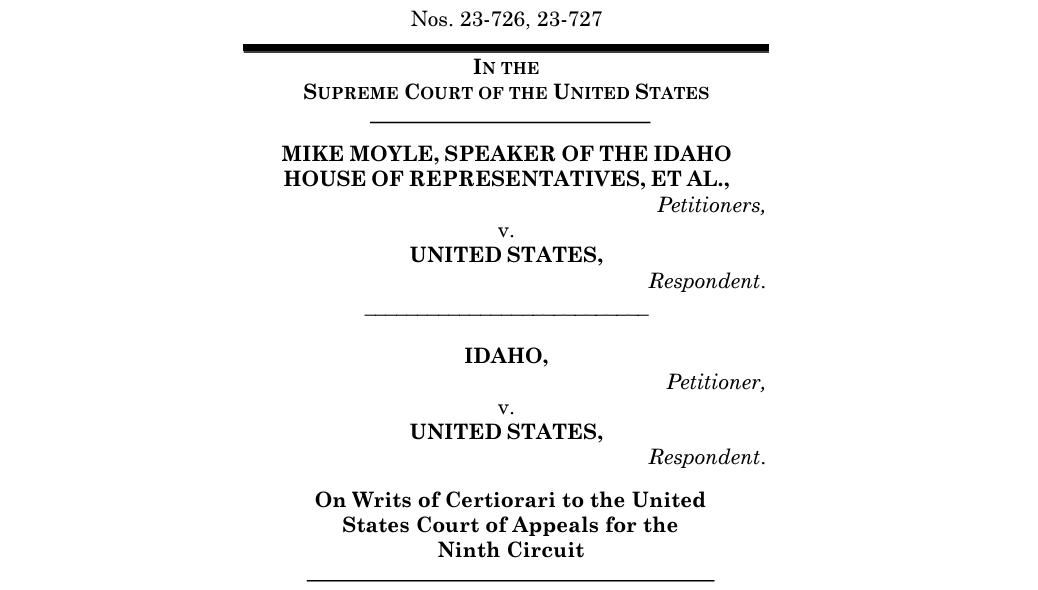Relationship between law enforcement and doctors could get tricky over abortion
Prosecutors from across the country file amicus brief explaining their concerns about abortion enforcement
Prosecutors across the country have been confronted with a question that hadn’t been seen for nearly half a century–how to enforce abortion laws against people who violate them.
Before Roe v. Wade, abortion laws had been notoriously difficult to enforce. Juries were reluctant to convict because of ambivalent opinions about abortion. It was difficult for prosecutors to prove their case. Investigators relied on various methods, from stake-outs to decoys to deathbed confessions.
After the Supreme Court’s decision in Dobbs, states began erecting laws that forbade abortion altogether. But the laws hadn’t yet affected back alley providers–who haven’t popped up yet to fill the need. Instead, it was doctors and abortion providers who had long performed the procedure safely in emergency settings and clinics.
In Idaho, a legal conflict has emerged between state law and federal legislation designed to ensure universal standards of care in emergency room settings. Known as the Emergency Medical Treatment and Active Labor Act (EMTALA), it has one stipulation that requires doctors to perform life-saving care, including abortions, to anyone who comes into an emergency facility.
At issue in the Supreme Court case, Moyle V. United States, is whether the justices should stay the order by the U.S. District Court for the District of Idaho enjoining the enforcement of Idaho’s Defense of Life Act, which prohibits abortions unless necessary to save the life of the mother, on the ground that the Emergency Medical Treatment and Labor Act preempts it.
Prosecutors filed an amici brief in the case, arguing why the court should rule in favor of EMTALA. Eli Savit, a prosecuting attorney in Washtenaw County, Michigan, explained how many district attorneys and similar offices feel about how jurisprudence and law enforcement have evolved since the Supreme Court eliminated abortion access as a constitutional right.
“It's just not something that we're set up to do,” Savit said.
Savit said that prosecutors don’t have medical expertise by and large. And so, it would be difficult for law enforcement to distinguish between what would be a medically acceptable reason to perform an abortion. He also thinks the prospect of criminal prosecution would dissuade doctors from performing their duties in certain situations.
Prosecutors in states where it is illegal could also be inundated with reports of abortions and then be tasked with investigating everyone who performs an abortion to see if it was done correctly. That strains resources and means other issues wouldn’t receive as much investigation funding.
It would also harm the relationships between cops and emergency personnel, who work closely together on many cases, including sexual abuse of minors.
“That is going to chill needed relationships between medical professionals and those of us in law enforcement,” Savit said. “And that's gonna make it harder to prosecute and to investigate really serious cases.”
It puts doctors in delicate situations.
“Now they're thinking, ‘If I am talking to law enforcement, if I'm corresponding with them, do I have to worry about being criminally charged myself?’” Savit said. “That's going to kill relationships. That will make it less likely that stuff is reported and ultimately make us able to investigate and prosecute.”




